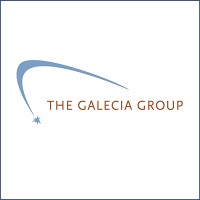
The Galecia Group
The Galecia Group is a network of technology professionals working together under the direction of Lori Bowen Ayre, Galecia's founder and principal consultant providing consulting in library materials handling operations and RFID and digital technologies including Open Data, GIS, and mapping. We also developed LibraryCall, a suite of phone-based services for connecting to patrons on the other side of the digital divide and Bookpoints, an online reading platform.






